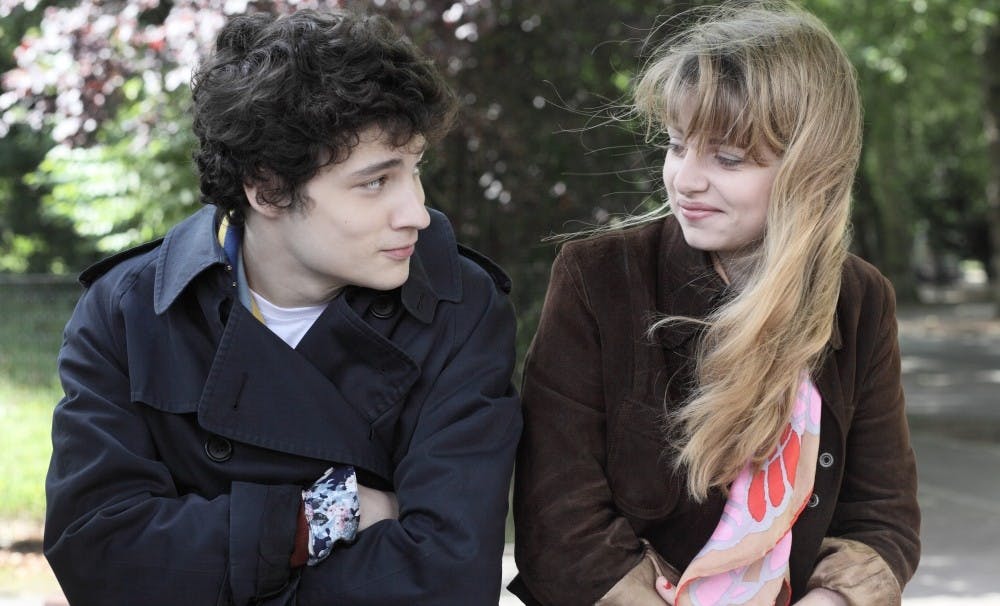It’s rare that dramas get prequel installments, especially 20 years after their characters were created. But when you’ve had a career like Arnaud Desplechin's, genre conventions no longer matter. A darling of the French film circuit, the French director screened his tenth feature film My Golden Days in the Directors' Fortnight program at the 2015 Cannes Film Festival, where it won the SACD (Authors Society) prize for its screenplay.
Desplechin began to make his latest film with the intent of involving younger actors in his filmmaking process. Inspired by the way in which Wes Anderson opted to cast two unknown children as leads in Moonrise Kingdom, he wanted to work with actors in their twenties to push his boundaries as a writer and director in his next project.
With this intent in mind, Desplechin asked his producers if he could revive a romance from his own filmography, and give it new generational relevance. With the go–ahead, he reached back to the character in his 1996 movie My Sex Life... or How I Got into an Argument. He opted for the “superhero–approach” in examining the genesis of this young romance, describing how he wanted to make Paul into a hero worthy of a film backstory.
The film charts three portions of protagonist Paul Dédalus’s life in a narrative block format. It opens with Paul readying to leave his position working in Tajikistan, where a flurry of torn pages from a book remind him of the love letters in his long–distance relationship with the stormy Esther. The movie flips from a short childhood sequence that talks about his relationship with his mother, to a trip he took to the USSR in his youth to lend his identity to someone seeking to escape the country and to the final and longest sequence of the two years he spent dating Esther. Without spoiling the ending, it resembles its French contemporary Blue is the Warmest Color with its same devastating realism.
To recast Paul and Esther’s capricious and self–destructive romance, he wanted to help two young actors establish themselves in the business and chose the relative no–names Quentin Dolmaire and Lou Roy–Lecollinet to fill the rolls. Interestingly enough, he told them not to see My Sex Life… because he wanted them to interpret the roles to speak to their own generation. In the terms of Desplechin’s career, he explains how this youthful injection could be a creative catalyst for him: “As a writer, if I’m not able to write for new generations, I’m not a very good writer. I have to be able to depict characters younger than me.”
Desplechin said he wanted to format this bildungsroman “like a brain works” in terms of memory in connecting these three disparate parts of Paul’s life. In the love between a girl living in the small city and Paul in Paris, he remarks, “I thought it’s fascinating to have this couple that’s a perfect match and a disaster at the same time.” He sought to include his own feelings about adolescence and first love in My Golden Days, albeit in an emphasized and character–specific way. Even though Desplechin thinks his life was much more boring than Paul’s, he wanted to emote his own experiences in a way that he knew was universal for all teenagers.
But most importantly, this allowed him to expand his vision as an auteur and offers interesting implications for his future as a filmmaker. “I remember a line by Truffaut,” he explains, “‘You always write a new film against the previous one.’” With that in mind, he plans to work with more middle–aged actors in his next project, and with angrier, more mature themes. Hopefully then it won’t hit as close to home as My Golden Days did with its devastating young romance.

